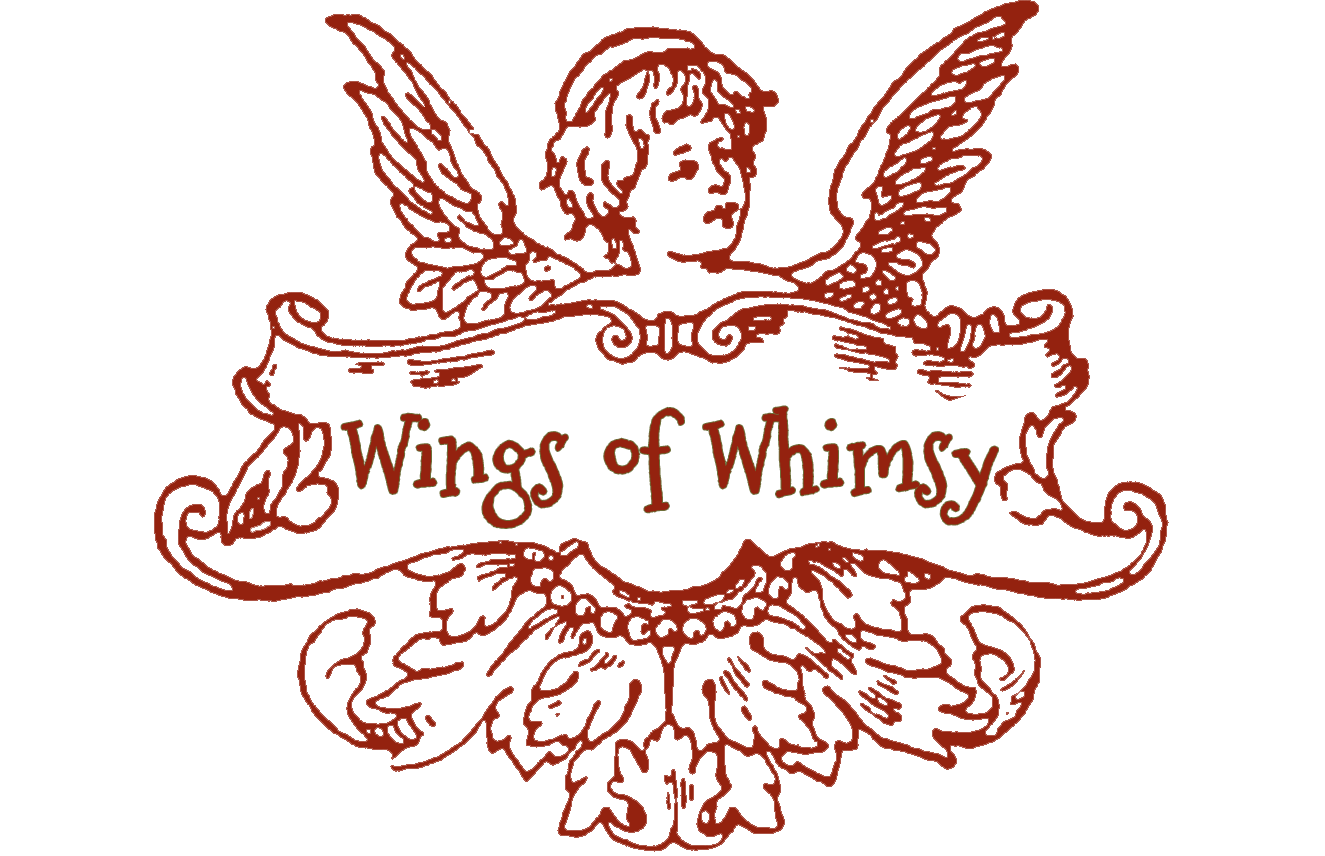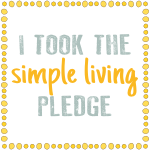Shared from PICK YOUR BRAIN’s page. Nothing helps us be more successful than a well designed plan combined with an open mind. Read on…..
FIVE WAYS TO LIVE A DRAMA FREE LIFE:
Drama sucks.
Not “dramas” as in movies, TV shows, plays, etc that are serious in tone, but rather “drama” as in the petty ridiculous conflicts that get blown way out of proportion for no reason at all.
Urban Dictionary has my favorite definition of this kind of drama: “making a big deal over something unnecessarily.”
We’d like to believe that petty social drama ends the day we leave high school, but sadly, this is not the case. No matter how old they are, people can still find ways of adding unnecessary conflict to their relationships, be they at work, at home, or with friends.
This is truly a shame, because drama increases stress, ruins relationships, and eats away at that one precious commodity none of us can afford to waste: time.
If you want to stress less, have better relationships, and make the most of the limited time you have on earth, I would highly suggest you eliminate as much of the drama from your life as you can. Here are 5 things you can do to live “drama free”:
Make No Assumptions
Assumptions are where drama starts. Somebody does something that bothers you, and then you run off and start making assumptions about why they did it.
What you observe someone doing is fact. If that bother you, then you need to deal with it. The moment you start making assumptions about their reasons, motives, or inner dialog is the moment you move out of the realm of rational thought and into the world of unnecessary stress.
You have no way of truly knowing what a person is thinking or why they do the things they do. Catch yourself when you start making those assumptions; if you want to live drama free, let those assumptions go and simply resolve to deal with the observable behavior.
Don’t Believe the Grapevine
Problems tend to increase exponentially with each additional person who is added to the communication chain. If I hear you say something, I can be pretty sure of what I heard. If Sandy tells me that John told Jane that Steve heard Sheila say something, chances are that the story you are hearing bears little resemblance to the actual truth.
Each additional person alters the story to some degree. They may remember things differently. They may add in emotion of verbiage that wasn’t there before. They may just be flat out wrong.
If you hear something through the grapevine, it might be worth investigating. But if you work yourself up into a lather based on third, fourth, and fifth party
Don’t get sucked into this. Skip the grapevine and go straight for the horse’s mouth. It will save time and cut the drama factor way down…
Be Direct
Drama is simply a byproduct of people’s inability to communicate like logical, rational adults. This is why it is so prevalent in highs school. This is also why it should be 100% unacceptable in the adult world.
If you have a problem with someone, talk to them about it. If you believe that someone has a problem with you, talk to them about it. Direct conversations nip drama in the bud. This is not to say that direct conversations make all problems go away, but they will help you cut through the nonsense and deal with the real issue.
Relationship challenges begin and are compounded by passive aggressive behavior and indirect communication. If you want to cut out the drama, be willing to have those “crucial conversations.”
Be the Bigger Person
Fighting fire with fire is good if you are trying to control a raging wilderness inferno. It’s not so good if you are trying to eliminate needless petty conflicts from your life.
When you find yourself the victim of some small offense, your first instinct may be to respond in kind. While this may feel good for a moment, it usually just escalates the situation and makes everything worse. If you truly want to live drama free, then you need to be willing to be the bigger person and let things go.
You don’t need to get in the last word, you don’t need to “one up” the other person, and you certainly don’t need to make them pay for wronging you. Just let it go, and watch the drama flow away.
Avoid Drama Queens
After you have made sure that you are not creating the drama yourself, the best way to keep your life drama free is to eliminate the drama queens (or kings!) from your life.
This is easy when you meet new people or are dealing with someone you aren’t very close to. Once you realize they are “drama prone,” minimize (or if you can, eliminate) the interactions you have with them.
With people you are close to, have a long history with, or are related to, or who are genuinely good people who’s one major flaw is their tendency to make a big deal over nothing, you don’t have to cut them out of your life altogether. Just acknowledge that quality about them and, when they start acting up, don’t get sucked into their “drama vortex.”
We are functions of our environment. To live drama free, get as many drama creators out of your life as possible.
You may never be able to eliminate all the drama from your life, but with just a little bit of focus and discipline you can certainly minimize how much you have in your life. It’s well worth doing – the less drama you have in your life, the room you have for fun, joy and great relationships!
***
Avish Parashar is the Motivational Smart Ass. As a speaker and on his blog, Avish makes people laugh while sharing with them simple ideas to make their lives easier and more successful. To read more of his ridiculous rantings on self improvement, watch videos of him in action, and download the free “How to Think Quick” MP3, visit his Motivational Humor Blog at http://www.MotivationalSmartAss.com

































































Recent Comments